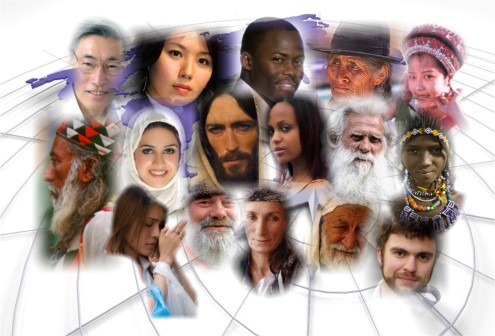When we talk about intercultural relations we mean the bond or affiliation between people from different cultural backgrounds, who enter into contact to satisfy physical, social or emotional needs. These relations can be beneficial for people who are in such relationships because interacting with people from a different culture can raise awareness of self and others, can diminish one’s tendency to stereotyping, can raise sensitive towards identity issues, refine hobbies and foster a better appreciation of diversity. These relations are shaped by numerous factors, such as vicinity, social circles, the level of attraction, willingness to communicate and intercultural communication competence. However, there are also some barriers that can create issues in such relationships, such as the different communication styles (including the sense of humour and the emotional display of emotions), differences in perceptions, values and word views, linguistic and cultural barriers and the ways in which conflicts are handled. These relationships can be challenging as well as enriching, since they are an excellent opportunity to to get to know ourselves better and also to understand, communicate and achieve objectives, which are outside our own culture of origins.
SUGGESTED READING
Jackson, J. (2014). Intercultural interpersonal relationships. Introducing Language and Intercultural Communication. Abingdon: Routledge. 217-247



